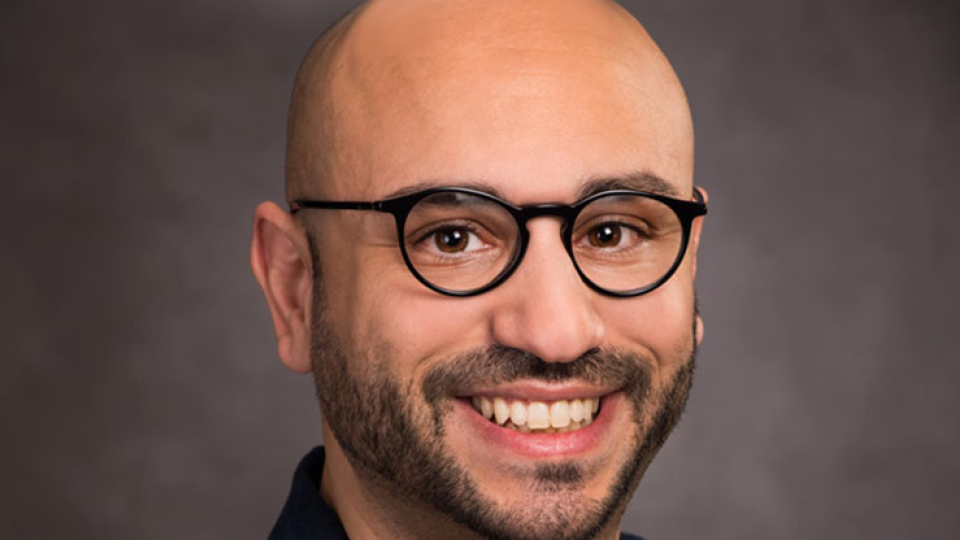Why I Stay
I have recently seen articles such as Departure: Why I Left the Church and other Facebook posts related to the great clergy's resignation. As discovered by the Duke Study, data indicates that nearly one in five pastors struggle with depression, and a startling 85% of seminary graduates who enter ministry leave it within their first five years.
I can identify with how many of my current and former colleagues have felt over the past few years. It is easy to "remember the good ole days" Pre-pandemic. But pre-pandemic was neither healthy nor easy to do ministry in our post-Christendom world. But it was the only normal some of us knew until recent years with what Rich Villodas has coined: CPR, COVID-19, Presidential elections, and Racial injustice. The decision fatigue for leaders was draining, especially knowing that no matter what you decide, you will disappoint someone.
I am not looking forward to another election in our country. The polarization has bled into the church and created a lot of anxiety for leaders, along with isolation, loneliness, and depression. To say that I have not experienced any of those feelings or emotions in my almost 20 years of ministry would not be accurate. However, while clergy may share similarities in their ministry contexts, each experience is also uniquely subjective.
So why do I stay? Why haven't I quit yet? To be transparent, I sometimes wanted to leave and give up. I think anybody will feel like that in any job or role.
Here are a few factors that keep me going:
A yoke of obedience: I often humorously tell people, "This life chose me; I didn't choose it." God's calling, graces, and giftings in my life have not changed. I still feel that internal drive that I know I am following God's purposes for my life. And outwardly, those around me affirm the call on my life. Quitting is not an option, but I will never be at peace with myself without being on this journey.
Team-based approach: I have learned over the years and am still learning that solo ministry is boring. It is more fun to form a team, whether it is paid or unpaid staff. The 1950s institutional model has robbed the laity of ministry. I have been blessed to be a ministry team cultivator by engaging other people's gifts that differ from mine. I do not need to do it all on my own. It was never the way God intended. One of the things I learned early on in my time at a large church is the Jethro principle in Exodus 18, where Moses is instructed by his father-in-law to change how he leads, or it would lead to burnout.
Support: Besides my spiritual connection with God, my family is my emotional foundation. I'm fortunate they are active in our church community and provide unwavering support in all other aspects of my life. Furthermore, I've been graced with mentors who offer uplifting words and constructive feedback when necessary. Friendships beyond the church community, spiritual guidance, and counseling are equally crucial for my personal growth.
Prioritizing myself: I am prone to workaholism and can care for everyone else besides myself. I have no one to blame but myself because the sheer nature of the vocation can lead to unhealthy. I had to pick back up working out again, schedule it in my calendar, and practice a weekly Sabbath. I know a healthier me will mean a healthier church. Also, I started to develop interests and hobbies outside of my ministry context, like something trivial as fantasy football.
Though not an exhaustive list, these have kept me going, but one that has been crucial for me.
Ministry is challenging. I knew it would not be easy; if I knew it would be this hard, I would have never accepted the call, but God has sustained me, and in the words of John Wesley, "The best of all, God is with us."

